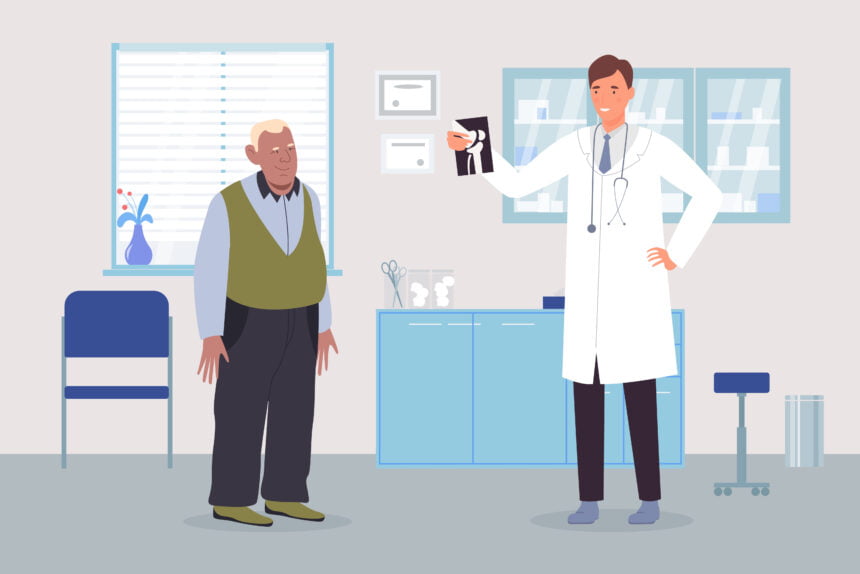When dealing with orthopedic issues, a doctor’s appointment, especially the first one, can be a nerve-wracking experience. Anxiety, fear, and uncertainty are all natural feelings that might surface. Despite everything, have the doctor answer all your important questions.
First, seek services from a provider who offers orthopedic urgent care near me when dealing with excruciating pain, accidents, falls, or sports injuries. Doing this enables you to get the needed care as soon as possible. Here are some crucial questions to ask your doctor during your first orthopedic appointment:
Do You Require a Medical History?
Make sure your doctor knows about your medical history, especially if you are dealing with a chronic condition or had an orthopedic injury. Provide as much information as possible, including current medications or treatments. List any recent physical activities and health issues you currently face.
It also helps when you describe the type of pain you are experiencing, the duration, and any symptoms. An accurate medical history enables the doctor to diagnose and recommend an appropriate treatment plan.
What Would Be the Best Treatment Option?
Your doctor can offer various options for treating your orthopedic injury or condition. Ask them to explain the pros and cons of each approach to help you make an informed decision. Choosing a particular treatment option depends on the type and severity of your condition. Other factors are your age, lifestyle, and level of pain.
What Are the Possible Side Effects?
Ask your doctor about the treatment’s possible side effects and complications—request an explanation of any potential risks or disadvantages of the procedure or medication. Also, understand the potential benefits of the treatment and any likely long-term effects.
For instance, surgery may be necessary to treat an orthopedic injury, but there are risks of pain, infection, and other complications. You’ll better prepare for any potential outcome when you have the necessary information.
What Is Expected During Recovery?
Find out about the recovery time for the treatment option. Ask questions on what you can expect and when to return to normal activities. For example, if you are considering surgery for a torn ACL, find out how long it will take to walk normally and when to expect a return to your routine. Ask whether there’s anything you can do to quicken the recovery process.
How Often Is the Follow-up Appointment?
Know when the next follow-up appointment should be and what type of progress is expected. Your doctor will provide a timeline for the visits and explain what to look for in terms of symptoms or improvement. Also, find out how to contact the doctor if any complications or changes occur. Most have emergency contact details.
Are There Any Lifestyle Changes to Make?
Ask if there’re any lifestyle changes you should consider to manage the condition. The doctor might recommend specific exercises or activity levels. Some lifestyle changes include diet modification, quitting smoking, or limiting alcohol and caffeine intake. Understanding the lifestyle modifications you can make to support the treatment plan is vital for long-term success.
Ask as Many Questions as You Can
When visiting an orthopedic doctor, come prepared with questions. Don’t be afraid of asking or expressing any concerns you may have. Understanding your condition, treatments, and recovery plan guarantees the best possible outcome. Remember, it’s your right and responsibility to make informed decisions about your health.

